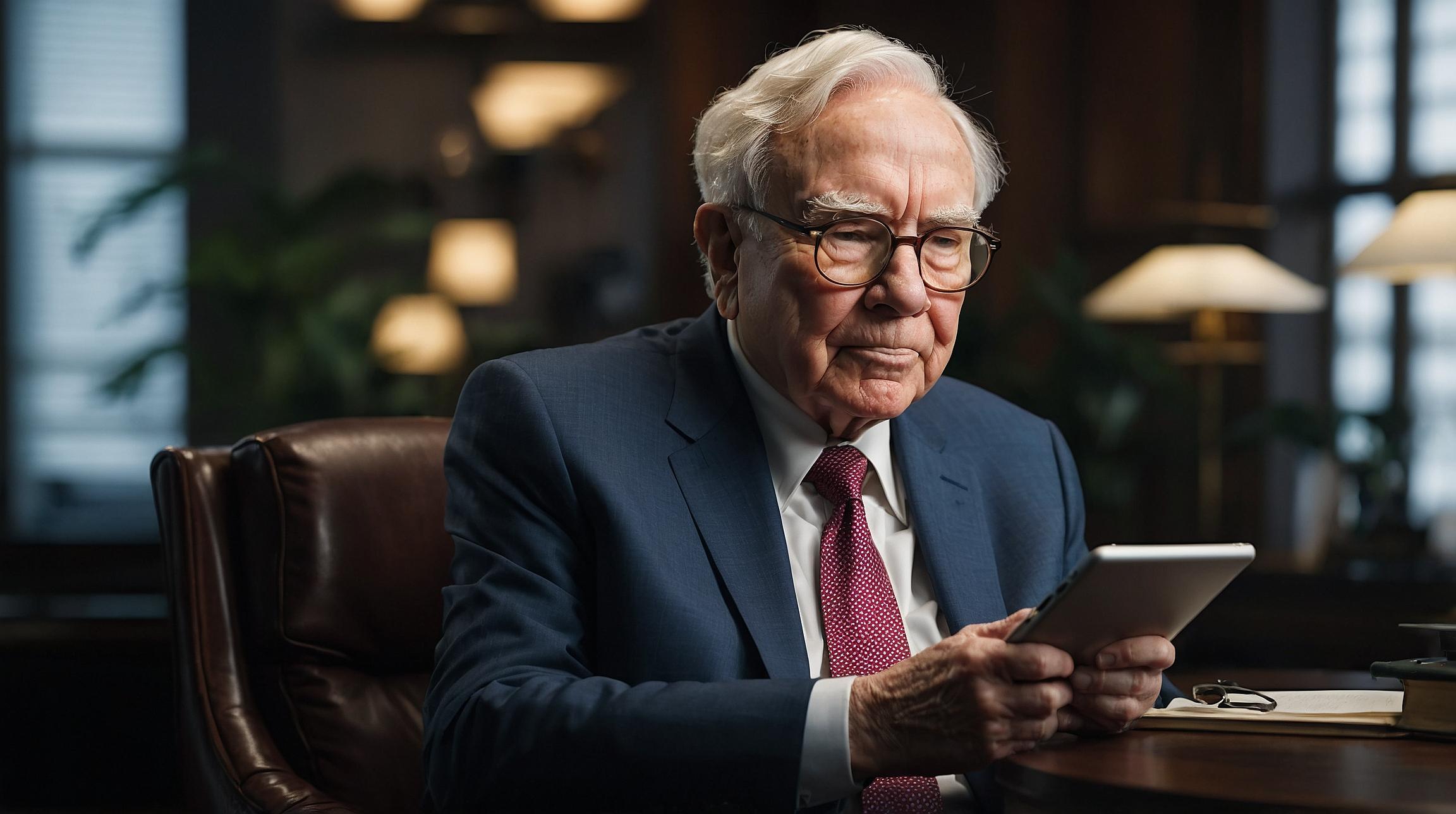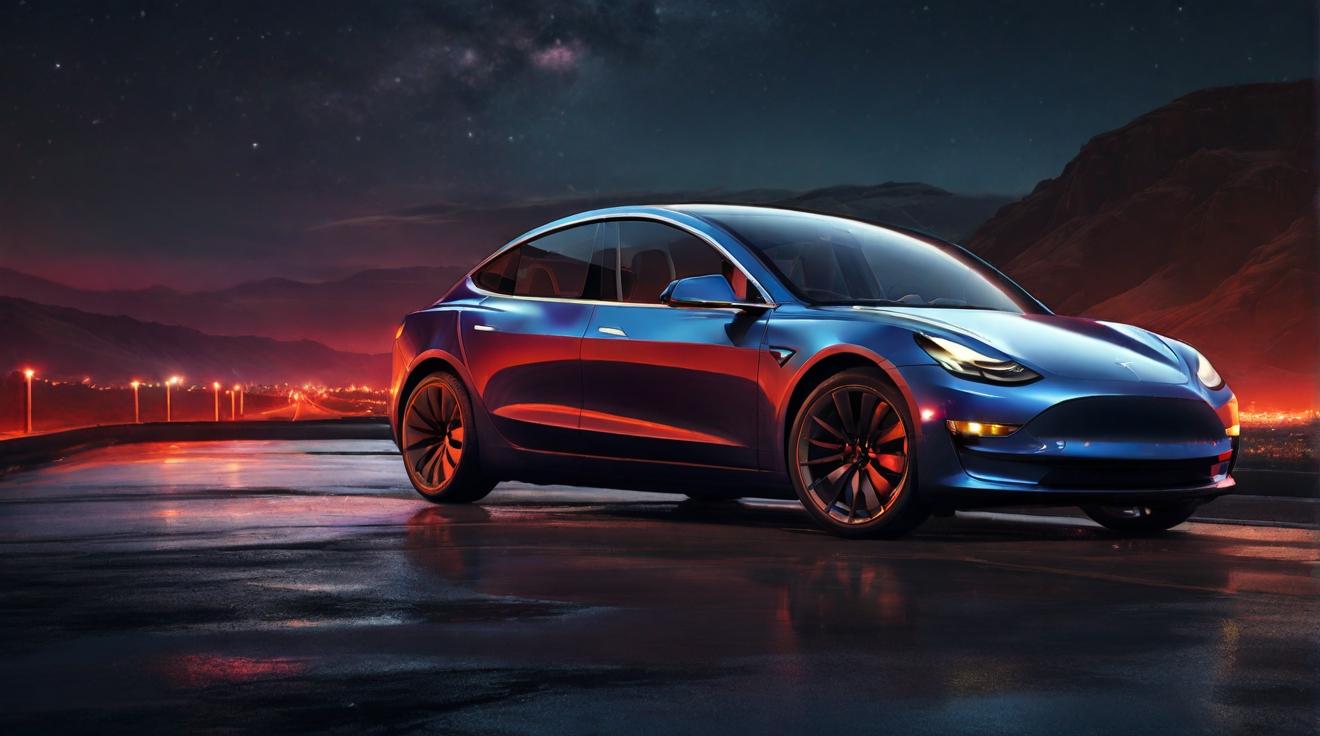SpaceX Triumphs Over China in Indonesian Satellite Market
SpaceX, led by Elon Musk, has emerged as the preferred choice for Indonesia’s satellite launches, surpassing state-owned China Great Wall Industry Corp (CGWIC) after a malfunctioning Chinese rocket destroyed Indonesia’s Nusantara-2 satellite in April 2020. This setback opened the door for SpaceX to establish its dominance in the archipelago, demonstrating its launch reliability, cost-effectiveness, and forging a personal connection with Indonesian President Joko Widodo.
The failed launch of the Nusantara-2 satellite dealt a blow to Indonesia’s aspirations of bolstering its communication networks. However, SpaceX wasted no time in capitalizing on this opportunity. Since then, the company has successfully launched two Indonesian satellites, with a third one scheduled for liftoff soon. On the other hand, China has failed to secure any launch contracts with Indonesia.
SpaceX’s rise to prominence in the Indonesian market can be attributed to a variety of factors. Firstly, the company’s Falcon 9 rocket has proved to be highly reliable, putting Indonesian authorities at ease. Additionally, SpaceX’s reusable rocket technology offers cost advantages over traditional options, making it a more appealing choice for Jakarta. Notably, Elon Musk’s close rapport with President Widodo played a crucial role in sealing the deal.
These developments mark a significant shift away from Chinese space contractors in Indonesia, in favor of Musk’s enterprises. Despite previous resistance to US pressure regarding deals with Chinese tech giant Huawei, Jakarta has embraced SpaceX’s offerings in the space and telecommunications sectors, underscoring a changing landscape of international competition.
SpaceX’s successful introduction into the Indonesian telecommunications sector symbolizes a breakthrough for Western companies, typically overshadowed by their Chinese counterparts due to cost-effectiveness and easy financing. Sri Sanggrama Aradea, head of the satellite infrastructure division at BAKTI, an Indonesian communications ministry agency, acknowledged SpaceX’s impeccable track record: “SpaceX has never failed in launching our satellites.” The company’s reliability has left a lasting impression on Indonesia’s satellite launches.
The collaboration between SpaceX and Indonesia extends beyond satellite launches. Discussions have already begun regarding bringing Musk’s Starlink satellite internet service to the country, shortly after the meeting between Musk and President Widodo in Texas in 2022. Although concerns were initially raised about the impact on domestic telecommunications, Telkom, a major Indonesian telecommunications company, announced that its subsidiary had obtained Starlink landing rights merely a month after the Texas meeting, signaling the rapid progress made in negotiations.
Furthermore, SpaceX’s successful launch of the SATRIA-1 satellite, Southeast Asia’s largest, using its Falcon 9 rocket highlights the company’s undeniable influence on Indonesia’s satellite communication capabilities. By offering lower costs and greater availability of launch slots compared to its competitors, SpaceX’s ability to reuse rocket parts gives it a crucial edge in the global satellite market. In Indonesia, it has become a game-changer.
As SpaceX continues to consolidate its position in Indonesia, the country’s telecommunications landscape is undergoing a transformative shift. With Elon Musk’s companies at the forefront, a new era of satellite technology and international competition is on the horizon.
Analyst comment
Positive
As an analyst, SpaceX’s triumph in the Indonesian satellite market is a highly positive development. With its reliability, cost-effectiveness, and personal connection with the Indonesian President, SpaceX has established its dominance in the archipelago. This shift away from Chinese space contractors signals a changing landscape of international competition and opens up opportunities for Western companies. With discussions already underway for Starlink satellite internet service, SpaceX’s influence in Indonesia’s telecommunications sector is set to grow further. A new era of satellite technology and competition is on the horizon.













